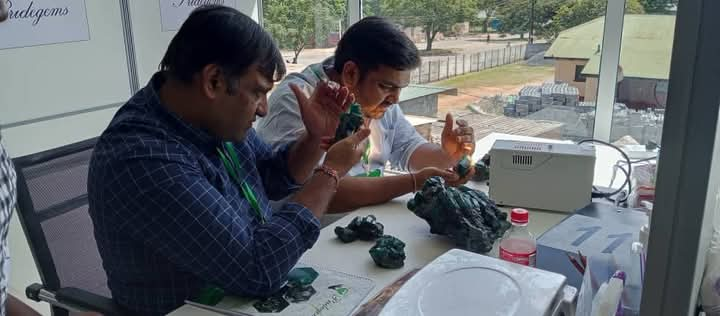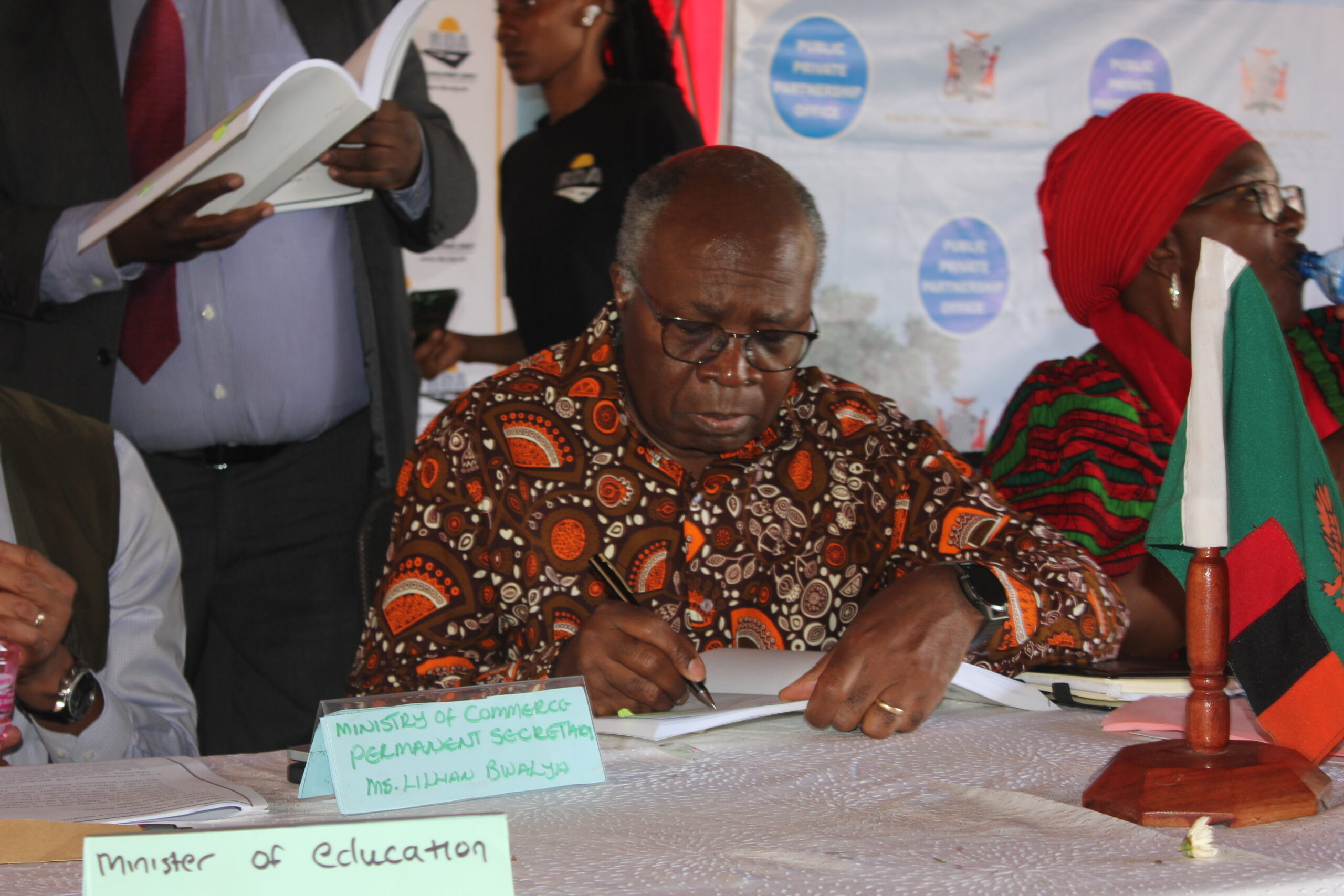By John Chola
The East African Business Council deplores the continent’s dependence on food imports despite its immense agricultural potential.
EABC Vice-Chairman Simon Kaheru observed that despite being rich in agricultural potential, the continent remained a net food importer, spending more than US$100 billion annually. He highlighted the necessity of moving beyond raw exports to investing in value-added production. “We need to create policies that drive investments into agriculture, ensuring products not only reach markets but also yield profits and returns that benefit African communities,” Kaheru stressed.
Speaking at the 15th African Union High-level Private Sector Forum, Kaheru underscored the pressing need for comprehensive policies and innovative solutions in Africa’s agricultural landscape.
Kaheru noted the balance required between public oversight and private sector participation, since corrupt practices often stemmed from collusion between the two sectors. “Ethical governance, coupled with strategic collaboration, is vital for sustainable development.”
CAPACITY
Professor Khaleel Timamy of Pwani University painted a stark picture of Africa’s underutilised agricultural capacity. With 2.5 million acres of potentially cultivable land, Africa could, in theory, supply its food needs and export a surplus, yet, this is far removed from reality.
Conventional farming practices, limited cultivation cycles, and inadequate technology mean that Africa’s per capita productive land falls short, exacerbating food insecurity.
Prof Timamy warned that population growth — projected to add one billion people to Africa by 2050 — would only intensify the challenges.
To avert famine, he advocated a shift towards circular agriculture, increased use of organic fertilisers, and the integration of renewable energy. “We should think out of the box,” he urged, emphasising agri-electric production where solar panels complemented agricultural fields to boost profitability.
Prohibitive interest rates in African financial markets were mentioned as a major impediment. “Interest rates in most African countries hover between 20 percent and 30 per cent, which stifles investment in any sector, especially agriculture,” Timamy noted. He proposed lowering these rates to one per cent or three per cent to stimulate agricultural growth and support the adoption of advanced technology.
TRANSFORMATIVE
Timamy’s vision extended to transformative approaches, such as harnessing water from unconventional sources like air, desalination, or underground wells to irrigate arid regions like the Sahara. “The Great Sahara could feed Africa and the world if managed properly with the right technology,” he declared, advocating bold, sustainable solutions supported by significant policy shifts and investment incentives.
Kimera Cheti of Africa Practice referred to current economic frameworks as rooted in colonial policies that no longer served Africa’s interests.
“Decision-making is best done at the local level,” she said, advocating policies that are aligned with grassroots realities while empowering communities.
The development path involved more than just economic metrics—it demanded adherence to the rule of law, social responsibilities, and an ethical approach to governance.
PRIVATE SECTOR
The session highlighted the need for the private sector to play a proactive role in driving agricultural change. Arnold Kayombo, an agribusiness co-founder, spoke on the practical challenges faced by agricultural entrepreneurs, underlining the need for better inputs and streamlined processes.








